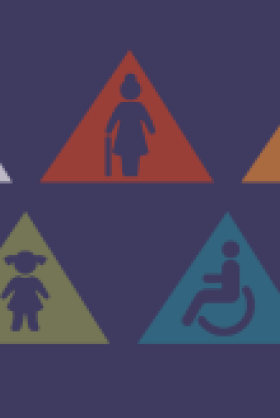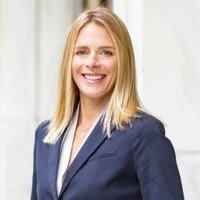The Juggling Act of Caregiving Balancing Career, Health, and Gender Roles


“There are only four kinds of people in the world: Those who have been caregivers; those who currently are caregivers; those who will be caregivers; and those who will need caregivers.” --Rosalynn Carter, Former First Lady of the United States
Caregiving—the act of providing assistance and support to another person—is critical to the fabric of society. Caregiving for the young, elderly, sick, and disabled is a necessary part of human existence, but is often undervalued and excluded from policy agendas. Caring for another person can have a positive effect on a caregiver’s life, but the lack of societal value on caregiving and the absence of supportive policies for caregivers can diminish this positive reward. Moreover, the pressure to manage multiple roles can significantly impact a caregiver’s physical well-being, mental health, financial state, and career trajectory.
In partnership with EMD Serono, the biopharmaceutical business of Merck KGaA, Darmstadt, Germany, in the United States and Canada, the Wilson Center has been examining the economic, health, and societal impacts of caregiving. The Juggling Act of Caregiving: Balancing Career, Health, and Gender Roles was written to provide background for the current caregiving landscape in the United States and to serve as a reference for future dialogues around career, family, gender, and health.
The Juggling Act of Caregiv... by The Wilson Center on Scribd
Author


Maternal Health Initiative
Housed within the Wilson Center's Environmental Change and Security Program, the Maternal Health Initiative (MHI) leads the Wilson Center’s work on maternal health, global health equity, and gender equality. Read more

Explore More
Browse Insights & Analysis
Women are the Catalysts for Change in Lebanon

Empowering Women to Support Morocco’s Industrial Transformation

Women and Latin America’s Digital Revolution
